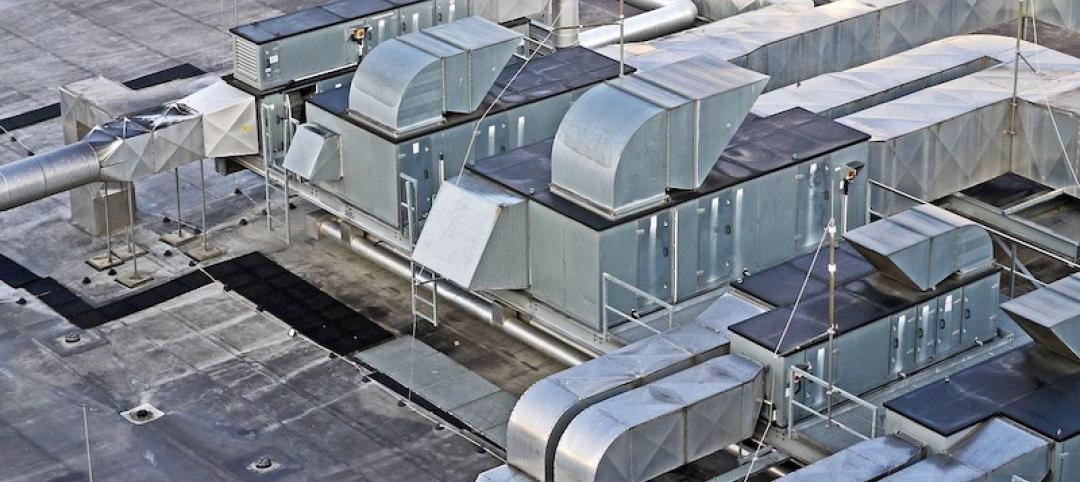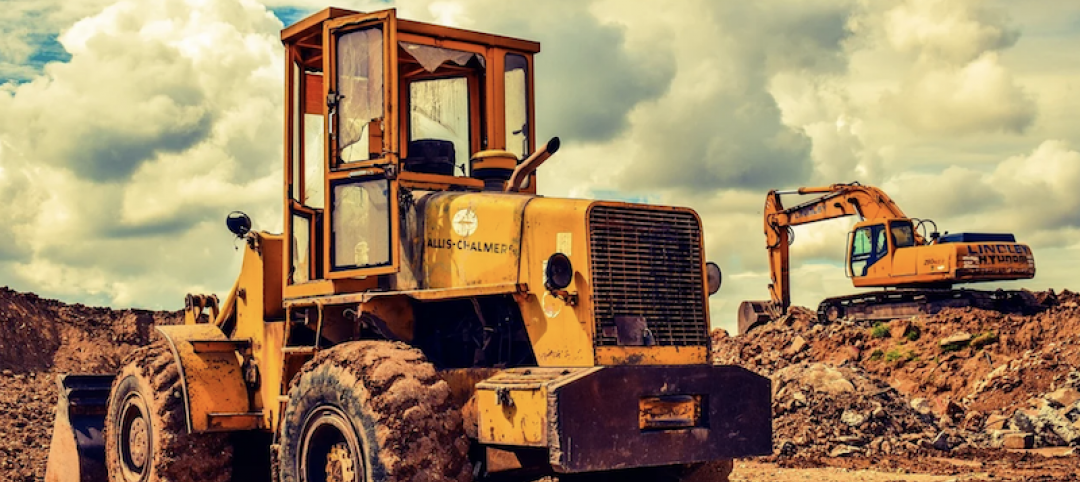Boston will soon adopt a new stringent green state building code that aims to significantly reduce carbon emissions in new construction and major renovations.
Adoption of Massachusetts’s “stretch code” means that the city will not create an outright ban on fossil fuels for heating, cooling, and appliances. It will, though, drastically reduce fossil fuels in buildings by adding expensive, climate-friendly requirements for developers choosing to install fossil fuel connections. There will be varied energy efficiency requirements for different building types.
The legislation also requires developers building with gas or oil to pay for extra wiring so buildings can go all-electric in the future. Buildings in Boston account for close to three-quarters of the city’s carbon emissions, according to estimates.
At least two other Bay State communities have adopted the stretch code, but Boston is the largest and has a more diverse building stock including labs and life science buildings with highly specific electricity and infrastructure requirements.
In a related development, Mayor Michelle Wu recently pledged $10 million in city funds to help affordable multi-family buildings become more energy efficient.
Related Stories
Codes and Standards | Mar 4, 2021
Biden administration overturns Trump’s federal building design mandate
Previous order promoted classical and “traditional” architecture above others.
Codes and Standards | Mar 3, 2021
Texas freeze raises questions about risks of electrifying buildings
Gas stoves helped residents cook, boil water when power went out.
Codes and Standards | Mar 2, 2021
New Seattle building code eliminates fossil fuels for most space and water heating
Also increases on-site solar photovoltaics, reduces envelope heat loss, air leakage, and interior lighting power allowances.
Codes and Standards | Feb 25, 2021
It’s not just lumber—roofing material prices are also on the rise
Lower demand for petroleum products means less asphalt production.
Codes and Standards | Feb 23, 2021
USGBC offers education on LEED Safety First pilot credits
Four courses address COVID-19.
Codes and Standards | Feb 23, 2021
ASHRAE Epidemic Task Force releases updated Building Readiness Guide
Includes flush calculations to reduce time and energy to clear contaminants between occupancy periods.
Codes and Standards | Feb 22, 2021
Preservation of Affordable Housing develops climate resilience strategy
Includes backup power for resident and staff “area of refuge”.
Codes and Standards | Feb 18, 2021
Construction industry moves toward comprehensive U.S. BIM standard
NIBS hosts roundtable to create coordinated program to advance collaboration.
Codes and Standards | Feb 17, 2021
Construction on international sports venues is ripe for corruption
Poor planning, complex contracting, a lack of accountability and high levels of collusion to blame.
Codes and Standards | Feb 16, 2021
Feds may fund removal of some urban highways
Senate bill proposes pilot program to reknit communities.

















